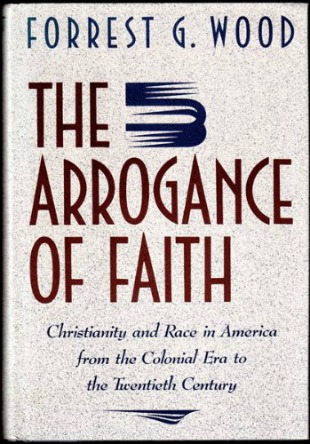"The question still nags: Was the converted African able to shake off centuries of cultural conditioning and appreciate his new faith, with its strange and unyielding theological baggage, in much the same way as a person for whom Christianity was a familiar religion? There will probably never be a definitive answer, but it is reasonable to assume that the transplanted African (and his children) — as long as he clung to traces of his traditional religion — was never able to harmonize completely his religious ideals with orthodox Christianity. After all, if slaves embraced Christianity as readily as so many researchers have suggested, why did census counts and official church records always list such small percentages of slave converts? And if these calculations were even reasonably accurate, was the slave-owner's resistance really the main reason for such sparse numbers? Could an observer as astute as Frederick Law Olmstead, raising the additional question of the quality of the slave's Christianity, have been so far off the mark in generalizing about the gross deficiencies in the slave's religious education? The opportunity to convert to Christianity, where it existed, may have satisfied the slave's spiritual needs, enabling him to adapt more readily to the conditions of bondage — and that was no small matter. But the evidence also indicates emphatically that he was never granted full membership in the Christian family, a family already so fractured that it should not, it would seem, have been bothered by yet another stepchild. In other words, the slave may have embraced Christianity, but Christianity almost certainly did not fully embrace the slave. The upshot was a church that was divided not only by color but, perhaps more important, by psyche."
The Arrogance of Faith Christianity and Race in America from the Colonial Era to the Twentieth Century
Astute questions about the relationship between slaves transplanted from Africa and the Christianity preached to them.
